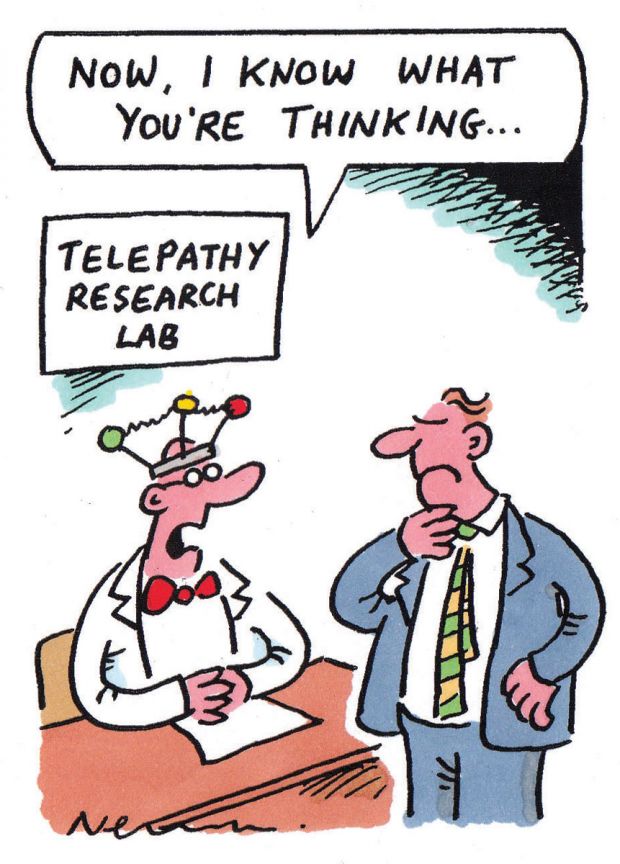
- The University of Edinburgh has been warned to “think carefully” about its relationship with a “shadowy” social club, the Edinburgh News reported on 4 September. Edinburgh is already under fire after it emerged that the Speculative Society – an exclusive men-only debating and discussion group dating back to the 18th century – paid the university no rates for its premises at its Old College buildings. But the university’s decision to leave the Spec’s rooms untouched during a £35 million revamp of the building has left some critics puzzled. Marco Biagi, a Scottish National Party MSP, said that the decision “show[s] the influence and exceptionalism” of the invitation-only society.
- Renowned polymath Steven Pinker has hit out at the Ivy League’s “anti-intellectualism”, claiming that students at top US universities routinely neglect their studies to concentrate on extracurricular activities. In an article for New Republic on 4 September, the Johnstone Family professor of psychology at Harvard University says that most undergraduates waste the academic opportunities available to them because they are “crazy-busy” with sporting, social and other recreation activities. “Many students have told me that the camaraderie, teamwork, and sense of accomplishment made these activities their most important experiences at Harvard,” he adds, but wonders why they could not have had the same experiences elsewhere, freeing places for those wanting to take better advantage of the “libraries, labs, and lectures”. Institutions collude in this by picking “well-rounded” students rather than the smartest, he adds. “Why should an ability to play the bassoon or chuck a lacrosse ball be given any weight in the selection process?” he asks.
- Scientists claim to have conducted the world’s first successful telepathy experiment by sending a “mental message” from one person to another 4,000 miles away, The Daily Mail reported on 6 September. In the study, experts from Harvard University connected a person in Mumbai to a wireless headset linked to the internet and fitted another person in Paris with a similar device, the paper said. When the first person thought of the word “ciao”, the recipient in France perceived it at the same time in the form of flashing lights. The experiment represented the “technological realisation of the dream of telepathy”, and more tests might establish if “brain-to-brain communication” is indeed possible, the research team said. The team will probably not need telepathic powers, however, to divine what many of their unconvinced scientist peers are likely to think of their work.
- It’s not all gloom and doom regarding university pensions this year, despite the axe set to fall on academics’ much-valued final salary deals, the Financial Times reported on 7 September. According to the FT, the top earner at the Universities Superannuation Scheme, believed to be chief investment officer Roger Gray, enjoyed a sharp increase in his pay in 2014, which rose to £900,000. The payment, part of which is deferred, is linked to “sustained performance” after the USS beat its benchmark by 1.4 per cent over the past financial year and by 0.5 per cent over the past five years, the USS said. With potentially drastic cuts to pensions set to be unveiled shortly by employers, the University and College Union’s head of bargaining, Michael MacNeil, questioned the largesse shown to the USS head. “This does beg the question why those at the very top see it fit and appropriate to draw such enormous pay rises,” he said.
- A university lecturer has been crowned Miss Pole Dance UK, the Daily Mirror reported on 7 September. Amy Cowles, a teaching fellow in forensic science at Keele University, was named the country’s best semi-pro dancer thanks to a five-minute routine based on Madonna’s Material Girl, the paper reported – alongside several pictures that were deemed necessary to illustrate her incredible flexibility. The 30-year-old academic, who also runs £20-an-hour pole dancing classes, said that people had mostly been supportive when they heard about her extracurricular activity. “There were a few people who said ‘oh, I didn’t know you did that’, but mainly it was ‘good for you, doing something you like’,” she said.
Register to continue
Why register?
- Registration is free and only takes a moment
- Once registered, you can read 3 articles a month
- Sign up for our newsletter
Subscribe
Or subscribe for unlimited access to:
- Unlimited access to news, views, insights & reviews
- Digital editions
- Digital access to THE’s university and college rankings analysis
Already registered or a current subscriber? Login
